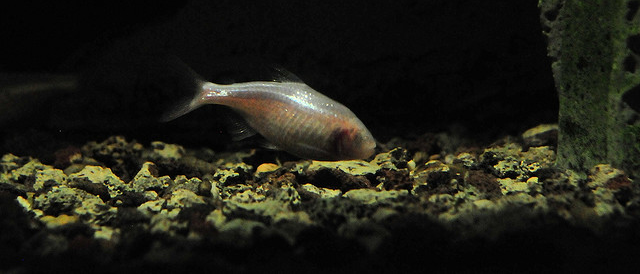
This post has been submitted to the NESCent Evolution Blogging Contest
Out of the approximately 3 billion letters of DNA that make up your genome, there are about a 100 letters that neither of your parents possess. These are your own personal mutations. The machinery that copies DNA into new cells is very reliable, but it is not perfect. It makes errors at a rate equivalent to making a single typo for every 100 books filled with text. The sperm and egg cells that fused to form you carried a few such mutations, and therefore so do you.
Every child who grew up watching cartoons like X-men or the ninja turtles associates mutations with superpowers. But the sad reality is that, somewhat like a double edged sword, mutations are more likely to hurt you than do any good. Imagine if you were to change a few letters at random in a book. Chances are, you are not improving the story. A typo doesn’t usually do much. It’s easy to overlook and doesn’t change the essential meaning of a sentence. This is the idea of the neutral theory of evolution, that most mutations have little or no effect on the organism. While this may be the case, the rare events pack quite a punch. Beneficial mutations are rare, but they are the only road through which organisms become better adapted to their environments.*
Changes to DNA are more likely to be disruptive than beneficial, simply because it is easier for changes to mess things up than to improve them. This mutational burden is something that all life forms have to bear. In the long run, individuals that carry harmful mutations will, on average, produce fewer offspring than their peers. Over many generations, this means that the mutation will dwindle in frequency. This is how natural selection is constantly ‘weeding out’ disruptive mutations from our genomes.
There is a flip side to this argument, and it is the story of the blind cave fish. If a mutation disrupts a gene that is not being used, natural selection will have no restoring effect. This is why fish that adapt to a lifestyle of darkness in a cave tend to lose their eyes. There is no longer any advantage to having eyes, and so the deleterious mutations that creep in are no longer being weeded out. Think of it as the ‘use it or lose it’ school of evolution.**
Continue reading Blind fish in dark caves shed light on the evolution of sleep